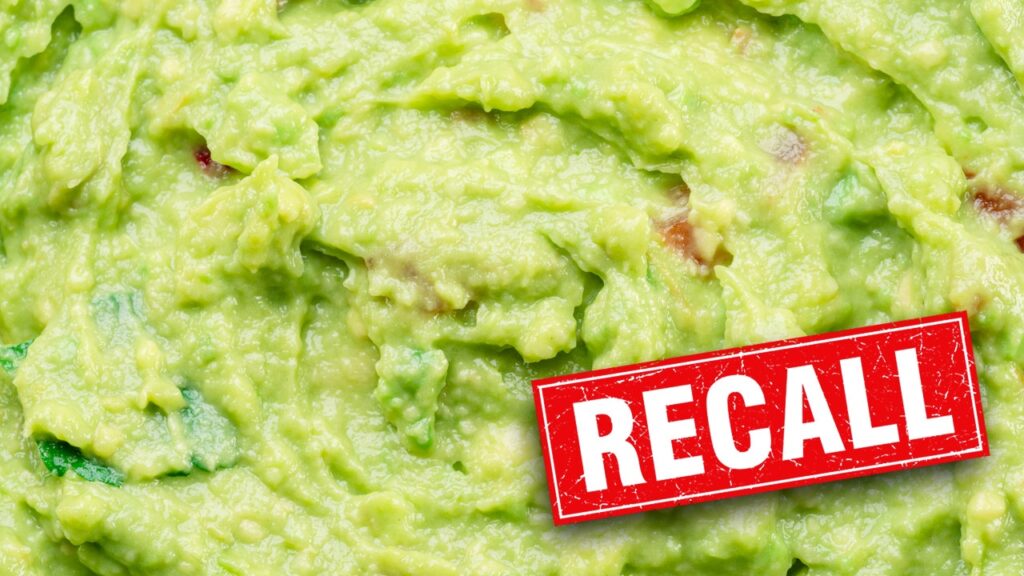:max_bytes(150000):strip_icc():format(jpeg)/GettyImages-1280495230-1966439a8e8544428ec995b06f1363e8.jpg)
This year brought a digital reckoning on social media’s hold over American teens. After over a decade of largely unfettered access by platforms like Instagram, TikTok, and Snapchat (SNAP) to those under 18, these new laws require parental consent, age verification, and stricter privacy settings—sparking intense debate about teen autonomy versus protection.
For parents and educators like Danny Rivera, a New York City high school English teacher and father watchful over his daughter’s internet habits, it’s time for guardians to have “way, way more control.”
“Students are on social media so much—inside and outside the classroom—they end up losing track of basic needs like food and sleep,” he said. “They routinely tell me that they choose ‘doomscrolling’ or working on a dance routine to post over getting rest on a school night.”
Key Takeaways
- Social media platforms must now get parents’ permission before letting teens create accounts in five states, with more on the way in 2025.
- Platforms must implement strict privacy settings and face penalties—up to $2,500 per violation.
- Three of the 12 states have laws blocked for now by court injunctions.
Twelve states have addressed teen social media access: five with laws in effect now, four coming in 2025, and three blocked by court injunctions. The wave of regulation, which began in Connecticut in 2023, has already transformed how millions of young Americans connect online.
Susan Cheng, PhD, associate dean of public health practice at the Celia Scott Weatherhead School of Public Health and Tropical Medicine at Tulane University and another educator with a teenager at home, told Investopedia that changes to kids’ access are common sense. “Guardrails around age of consent for social media are akin to age limits on drinking, driving, and smoking,” she said.
The Roll-Out of Social Media Rules for Minors
Connecticut led the way in July 2023, requiring platforms to gain parental consent for users under 16. Louisiana, Texas, Maryland, and Utah followed in 2024 with varying approaches—from Utah’s “social media curfew” between 10:30 p.m. and 6:30 a.m. to Maryland’s comprehensive “Kids Code” banning personalized content for users under 16. Tennessee, Florida, Georgia, and Minnesota enacted laws taking effect in 2025. Three more states—Arkansas, Ohio, and California—passed similar legislation, but their laws are currently blocked by court injunctions.
Most of these laws put the following in place:
- Mandatory age verification systems for social media firms
- Required parental consent for users under 16 or 18
- Default private account settings
- Restrictions on data collection and targeted advertising
- Significant fines for noncompliance, often reaching $2,500 per violation, a cost that adds up quickly for companies serving millions of customers.
“No policy replaces the need for parents to have frank, open conversations with their kids on the inherent mental and physical risks involved,” said Cheng, who is also chair of the maternal and child health section for the Illinois Public Health Association. “Informed kids become informed young adults who make better decisions.”
Parents and Experts Weigh In
For parents in these states, the new regulations mean sometimes awkward—often simply testy—conversations as parents are more often actively calling the shots on their teens’ social media access.
Rivera said the time spent by guardians is worth it, given the changes he’s seen in his career. “The bullying, which used to be a temporary, school day nightmare, has now become a near 24-hour cycle of torture. It’s no surprise that many students would rather self-harm than deal with the stress.”
Cheng and Rivera were both concerned that teens are inundated with information they simply don’t have the tools to process yet. “There is an inherent risk to access without knowledge or maturity in childhood, especially to the bottomless content of technology and social media,” Cheng said.
Rivera agreed. This access, he said, “is bad for a number of reasons, but mostly because their young brains are so easily misled by influencers and famous people.”
Social media companies have long said that there are too many significant technical and legal challenges in implementing requirements like these state-specific requirements. Nevertheless, given the new rules and the alarm bells set off by educators, public health experts, and parents like Cheng and Rivera, the social media giants have started rolling out verification systems requiring parents to confirm their identities through government-issued ID or credit card information. Meta Platforms Inc. (META), which owns Instagram and Facebook, recently unveiled stricter default privacy settings and new parental controls.
Platforms that fail to comply face penalties of up to $2,500 per violation in most states.
The Bottom Line
New state laws on teen social media use mark a fundamental shift in how American teenagers access social media, potentially setting the stage for federal action. Parents in these states should expect to take a more direct role in their teens’ social media presence as platforms continue to adapt their services to meet the new statutory demands.
However, as anyone who’s been a teen knows, there are limits to what these laws can do. “Teenagers are clever and have found ways to circumvent tracking apps,” Rivera said. “So, there’s no guarantee that adults’ plans to keep them off social media will actually work.”



